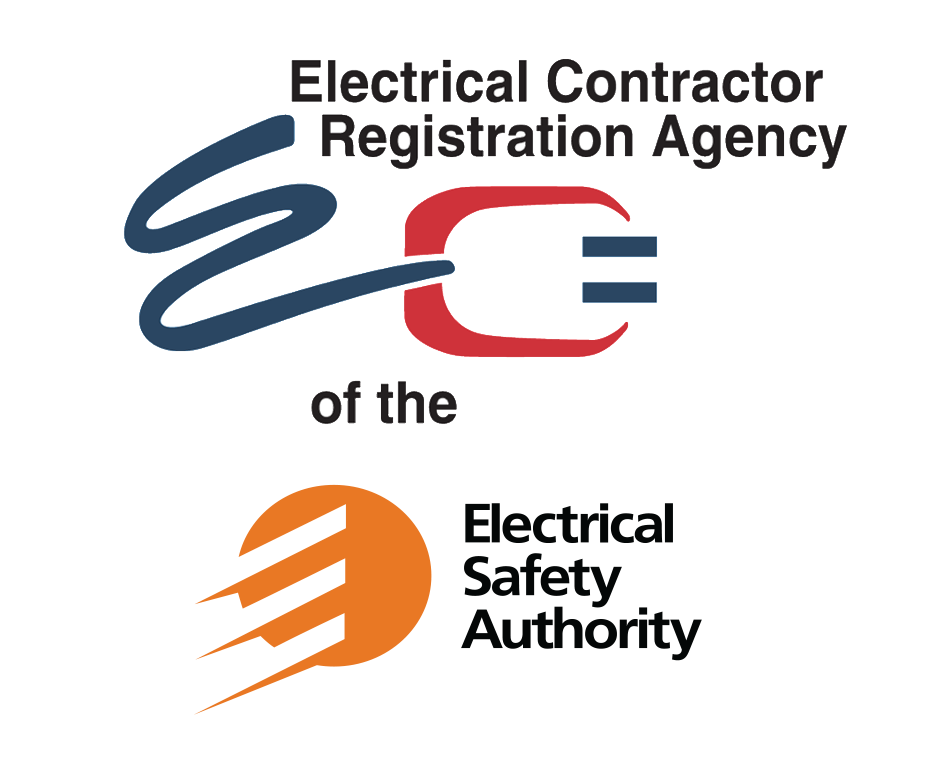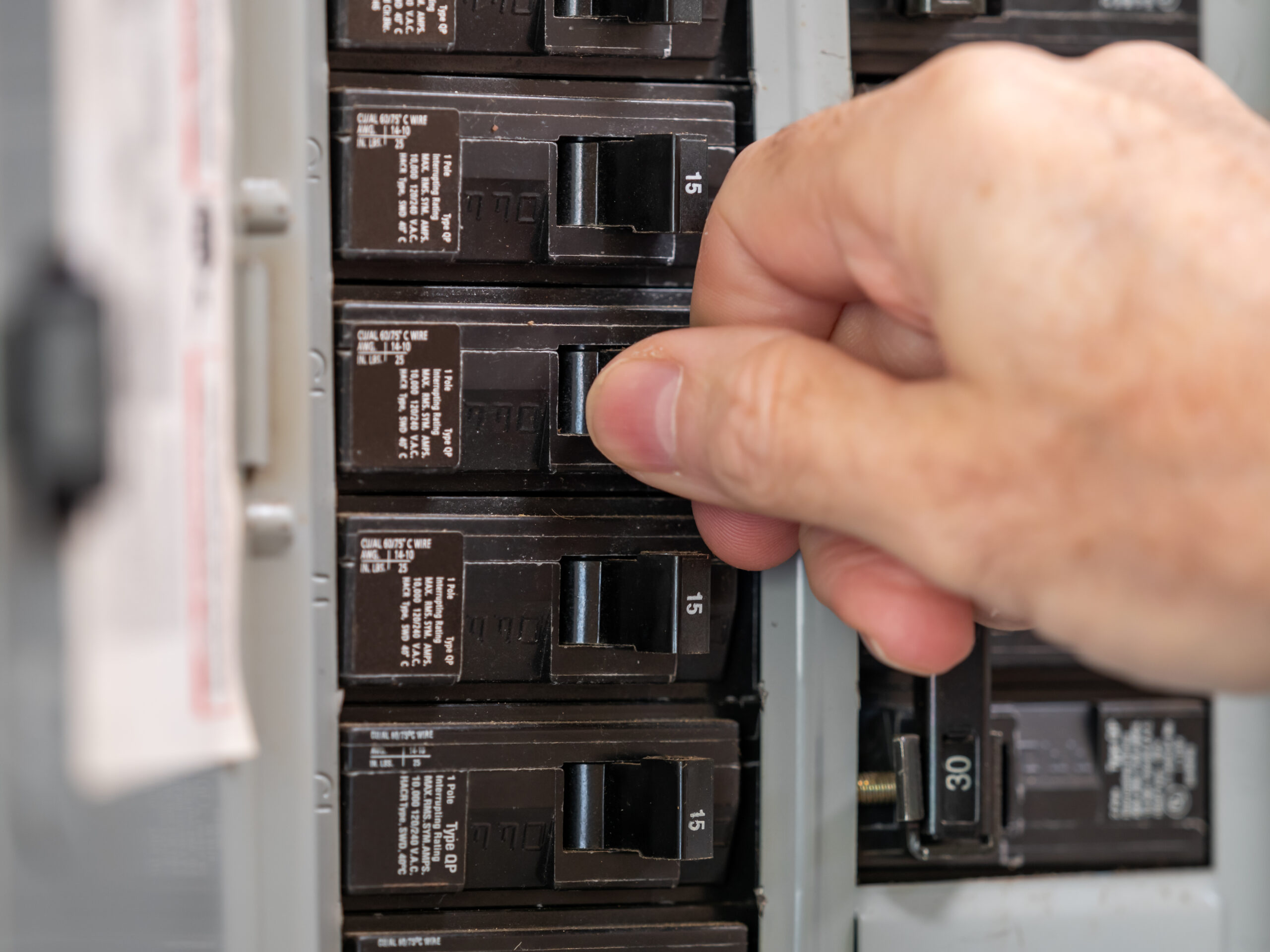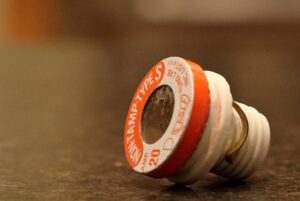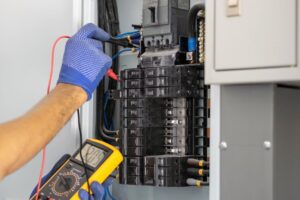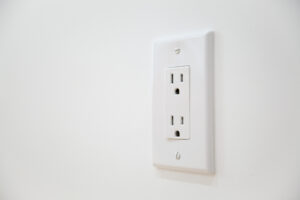Have you ever gone to your circuit breaker box and found that one of your breakers has been tripped? Maybe you have tried resetting it, only to have it trip again. If this sounds familiar, then you’re not alone. Tripping circuit breakers are a common occurrence for many homeowners. But why does it keep happening? In this blog post, we will explore the reasons why your circuit breaker might keep tripping. We will also discuss steps you can take to diagnose and fix the problem yourself—without having to hire a professional electrician! So if you’ve been struggling with an endlessly tripping circuit breaker, read on to learn more about possible solutions.
What is a circuit breaker?
A circuit breaker is an important part of your home’s electrical system. It is a safety device that protects your home from electrical fires and shocks. Circuit breakers are located in your main electrical panel, and they control the flow of electricity to all of the circuits in your home. If there is an overload on one of the circuits, the circuit breaker will “trip” and shut off the flow of electricity to that circuit. This protects your home from fire and damage caused by overloaded circuits.
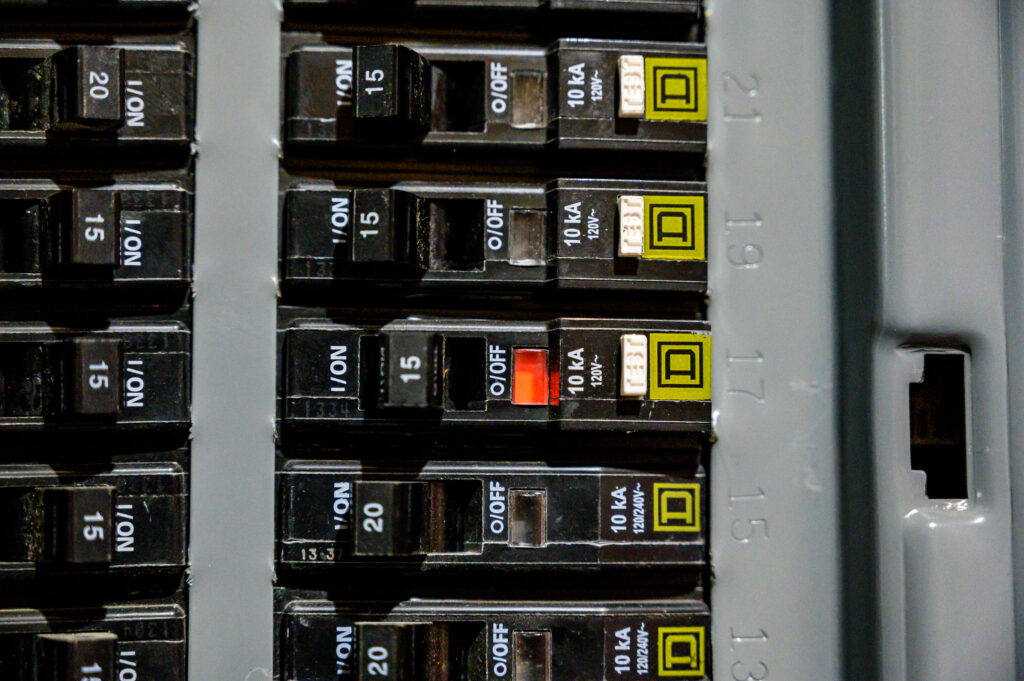
Why do circuit breakers trip?
There are a few reasons why your circuit breaker may be tripping. The most common reason is that there is too much electricity flowing through the circuits in your home. This can happen if you have too many appliances plugged in and running at the same time, or if one of your appliances is drawing too much power.
Another reason for a circuit breaker to trip is if there is a short circuit somewhere in the wiring. This can happen if a wire becomes frayed or damaged, or if a connection becomes loose. A short circuit will cause a large amount of electricity to flow through a small space, which can overheat the wires and cause them to catch fire.
If your circuit breaker keeps tripping, it’s important to find out why so that you can prevent it from happening again. If you’re not sure what’s causing the problem, you should call us to come and take a look.
How to prevent circuit breaker trips
If your circuit breaker is tripping frequently, there are a few things you can do to try and prevent it. First, check all of your appliances and wiring to make sure they are in good working condition. If everything looks good, then you may need to have your circuit breaker replaced. Another option is to install a surge protector, which will help to absorb any spikes in electricity that could cause the circuit breaker to trip. Lastly, make sure you are not overloading your circuits by plugging too many devices into one outlet. If you follow these tips, you should be able to reduce the number of times your circuit breaker trips.
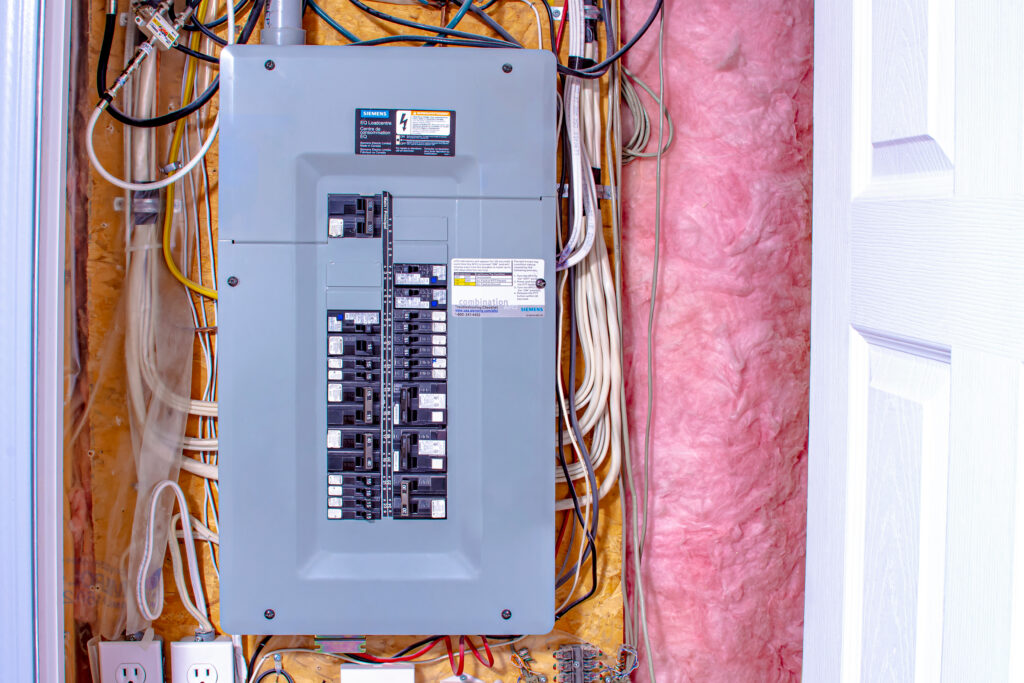
When to call an electrician
If your circuit breaker is tripping frequently, it’s time to call an electrician. We can determine the cause of the problem and make the necessary repairs.
If you’re experiencing any of the following problems, it’s also time to call us:
- Flickering lights
- Buzzing sounds from electrical outlets or fixtures
- Sparks from electrical outlets or fixtures
- Burning smells coming from electrical outlets or fixtures
- Increase in your monthly electricity bill
Conclusion
Circuit breakers are essential for keeping your home safe, but they can be inconvenient when they keep tripping. Fortunately, most causes of circuit breaker trips are relatively easy to identify and fix. By taking the time to check wiring issues, overloaded outlets, outdated circuits or panels, and other potential problems such as appliance malfunctions or water damage we can troubleshoot why your circuit breaker keeps tripping and get it back up and running in no time. If you are experiencing any of the above problems, please do not hesitate to call us for help.

